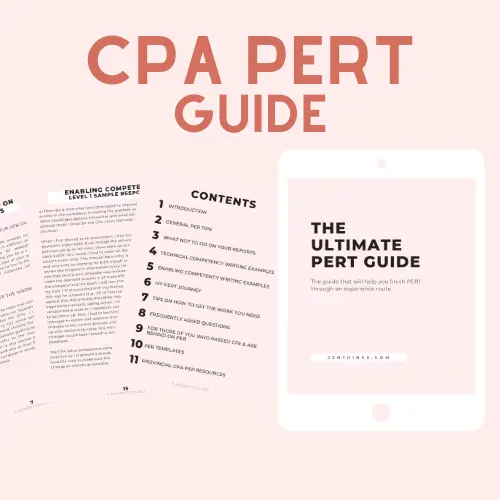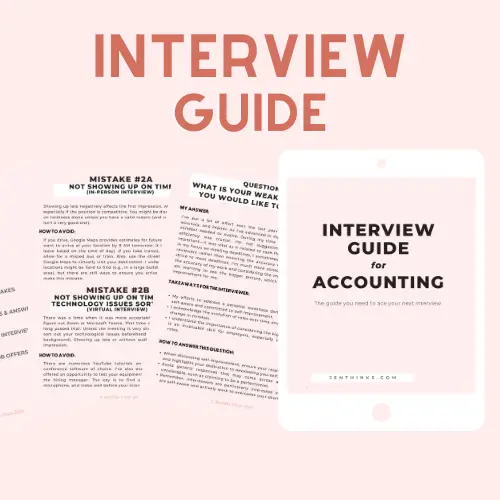If you missed Part 1 on how to become a CPA without an accounting or business degree in Canada, check it out here.
If you follow the steps in Part 1, you will be enrolled in the CPA Professional Education Program (PEP) at the end. From there, you can expect to be certified within the next 2 to 3 years. The journey might be shorter for some and longer for others so that is just an estimate.
How Many CPA PEP Modules Are There?
Duration Required: 18 months (unless fast track)
Once you are enrolled in CPA, you can then register for your first module out of six:
– Core 1 (mostly Financial Accounting with small portions of Taxation and Assurance)
– Core 2 (mostly Management Accounting with a small portion of Performance Management)
– Elective 1* (a choice of Taxation, Assurance, Performance Management & Finance)
– Elective 2* (same as above)
– Capstone 1 (group presentation)
– Capstone 2 (practice cases to study)
RELATED – CPA PEP Core 1 – How to Study for the Module and the Exam
There is an option called Fast Track Scheduling that will allow you to take Core 1 & Core 2 and/or Elective 1 & Elective 2 concurrently. However, it is designed for people who can study full-time because they are not working. I would not recommend this option unless you have the capacity and a valid reason to do so. It is probably achievable if you work part-time, however, your quality of life during the modules will decrease significantly. There is also the risk of passing the module(s) only marginally which means you just barely made it. A marginal pass is not the end of the world in most cases as it still allows you to proceed to the next module. However, if you pass marginally for 2 modules, you might not be ready for CFE.
The modules are completed in the order shown on my list. When you are ready for the two Capstone modules, pick wisely as it will determine your CFE date as well. It is important to arrange proper time off from work prior to your exam. CPA Candidates normally take four to eight weeks off from work to study full-time.
What About Your Practical Experience?
Duration Required: 30 months
In addition to the passing requirement for the six modules, you also need 30-month of approved working experience for certification. There are two routes for you to satisfy the Practical Experience Reporting (PER) requirements:
– Pre-Approved Program Route (PPR)
– Experience Verification Route (EVR)
Public accounting firms such as KPMG and Deloitte are some of the most common examples of PPR. However, there are many companies in other industries offering the PPR as well (e.g., Telus, Ministry of Finance). You can check the directory of your provincial body for a complete listing (e.g., CPABC, CPA Ontario)
For CPA Candidates on the EVR route, there is significantly more reporting involved. However, this route gives you the option to work at any company in any industry you choose.
RELATED – CPA PERT – Ultimate Guide on How to Get Your First Experience Report via EVR Approved
It is possible to switch from PPR to EVR or vice versa but if you do, it is crucial that you report the employment change within 90 days of job change. The only risk with the switch is not meeting your progressive competency development at your new job. My suggestion is to evaluate the risks and career potentials carefully before making a change between routes.
Both routes require you to have a CPA as your mentor. Some candidates would ask a CPA they work with and some would ask a CPA in their network outside of work. Either way, it is crucial for both your mentor and yourself as the mentee to get familiar with the requirements. Keep in mind that your mentor is providing a service as a volunteer. It is crucial for you to always respect their time and initiate meeting requests.
Conclusion
If you are just starting to think about getting your CPA without an accounting or business degree, you will see that it is not a short journey. However, it is a journey where you will be able to learn and apply your knowledge in the real world.
Only you can decide whether the investment in time and money (note, some employers will pay for most of the costs) will be worth it for you.
*Note, if you want to work in public accounting, you must take both Audit & Assurance and Tax modules in order to apply for the Public License with your provincial body.


